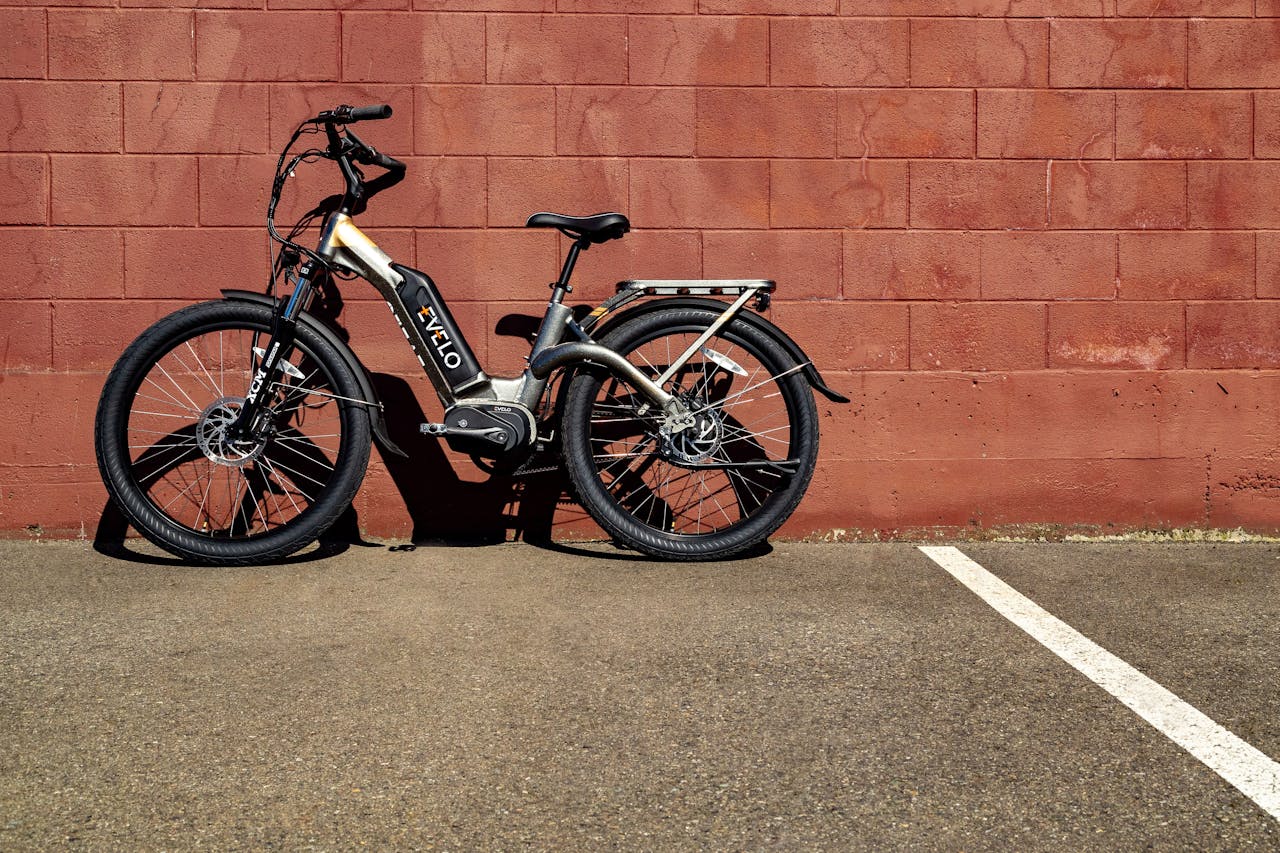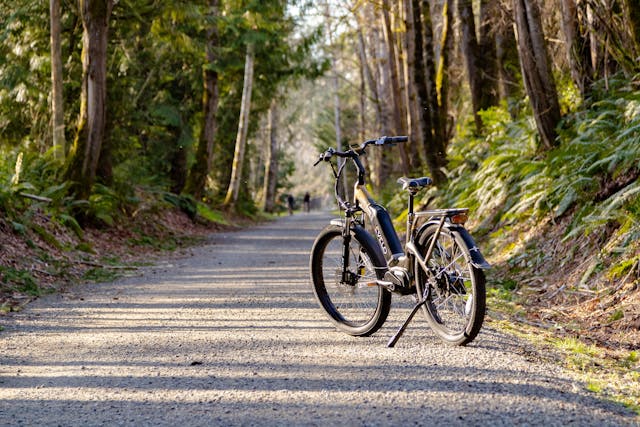Comments
- No comments found

As cities continue to grow and become denser, traditional means of transportation are increasingly challenged.
This trend has given rise to innovative solutions that address congestion, environmental impact, and health concerns.
E-bikes, or electric bicycles, have emerged as a significant player in transforming urban mobility. These versatile vehicles offer a blend of traditional cycling and motor-assisted travel, making them ideal for the urban commuter. In this blog, we will share how e-bikes are not only improving urban travel but also providing a range of benefits to users and cities alike.
E-bikes have seen a dramatic increase in popularity over the past few years, driven by advances in battery technology and electric motor efficiency. These improvements have made e-bikes more reliable and affordable, appealing to a broad spectrum of commuters. Their ability to cover longer distances faster and with less effort than traditional bikes has contributed to their growing appeal, positioning them as a practical alternative to cars for short to medium urban commutes.
One of the most compelling arguments for the adoption of e-bikes is their positive impact on the environment. E-bikes emit no direct pollutants, contributing to improved air quality and reduced greenhouse gas emissions in urban areas. As cities strive to meet environmental targets and reduce pollution levels, e-bikes offer a sustainable mode of transport that aligns with these goals, encouraging a shift away from fossil-fuel-dependent vehicles.

For many people living in cities, an electric bike for adults is a smart way to get around. E-bikes make parking simpler, move through traffic better than cars, and reduce the physical effort needed compared to regular bikes because they have motorized help. This is especially useful for commuting in areas with lots of hills. Moreover, many local programs encourage using e-bikes by creating bike lanes and places to park them, which makes them even more convenient for everyday use.
E-bikes also score highly on cost-effectiveness. Compared to owning and maintaining a car, e-bikes are significantly cheaper, with lower upfront costs and minimal ongoing expenses such as no fuel costs and low maintenance. For urban commuters looking to cut travel expenses, e-bikes present an economical option that doesn't sacrifice convenience or speed. In addition, many cities offer incentives like subsidies for e-bike purchases, making them even more accessible to the average consumer.
Riding an e-bike also offers considerable health benefits. While they do provide pedal assistance, riders still engage in physical activity, which can be adjusted based on the level of motor support used. This activity promotes cardiovascular health, muscle strength, and overall fitness, which are essential for healthy aging. Furthermore, the flexibility to switch off the electric assist means users can customize their workout intensity, making e-bikes a great option for integrating moderate exercise into a daily routine.
The rise of e-bikes has spurred numerous infrastructure developments within urban settings. Recognizing the need to accommodate a growing number of cyclists, cities are expanding their networks of bike lanes, creating safer routes for e-bike users, and integrating bike-sharing stations that include electric options. These enhancements not only make commuting by e-bike more practical and safe but also encourage more people to consider this mode of transportation over driving or public transit.
Modern e-bikes come equipped with advanced safety features that help mitigate the risks associated with urban cycling. Enhanced lighting systems, reflective materials for high visibility, and improved braking systems are standard on most models, providing greater control and safety for riders. Also, many e-bikes include features like speed governors and electronic systems that provide diagnostics in real-time to alert riders about potential issues before they become hazardous.
E-bikes lower the barrier to cycling for many who might find traditional bikes too taxing, such as older adults or those with physical limitations. The adjustable power assist allows individuals to engage in cycling activities at a level that suits their physical capabilities and endurance. This accessibility not only promotes inclusivity but also encourages a wider demographic to consider cycling as a viable and enjoyable form of daily exercise and transportation.
Many cities are expanding their bike-sharing programs to include e-bikes, making them readily accessible without the need for personal ownership. These programs are particularly effective in urban areas, where short trips are common and the convenience of an on-demand bike can be a major draw. Community-led initiatives also often host workshops and events to educate citizens about the benefits of e-bikes and safe riding practices, fostering a supportive environment for new and experienced riders alike.
E-bikes are becoming an important complement to public transportation networks, providing a solution for the "last mile" problem that many commuters face. They offer a quick and efficient way to travel from home to a transit station or from a station to the workplace. Some transit agencies have even begun integrating e-bike rentals directly at train and bus stations, facilitating seamless multi-modal travel that can reduce reliance on personal vehicles and decrease public transit overcrowding during peak times.

As technology advances, the potential for integrating e-bikes with smart city infrastructure increases. Future developments may include GPS-enabled geo-fencing, integrated traffic and weather updates, and more sophisticated theft protection systems. Moreover, as battery technology evolves, we can expect to see e-bikes with longer ranges and faster charging times, making them even more practical for longer commutes and more reliable for daily use.
E-bikes are not just a passing trend; they are rapidly becoming a fundamental part of urban mobility. They offer a unique combination of accessibility, environmental benefits, and health advantages that traditional modes of transport cannot match. As cities continue to grow and seek sustainable solutions, e-bikes represent a promising avenue to alleviate transport challenges, improve public health, and reduce environmental impact. For urban dwellers, embracing e-bikes could mean not only a more enjoyable commute but a significant step toward a more sustainable and active lifestyle. Encouraging broader adoption and supporting infrastructure for e-bikes will be key in maximizing their potential to transform urban mobility.
Leave your comments
Post comment as a guest